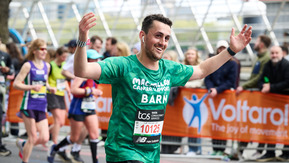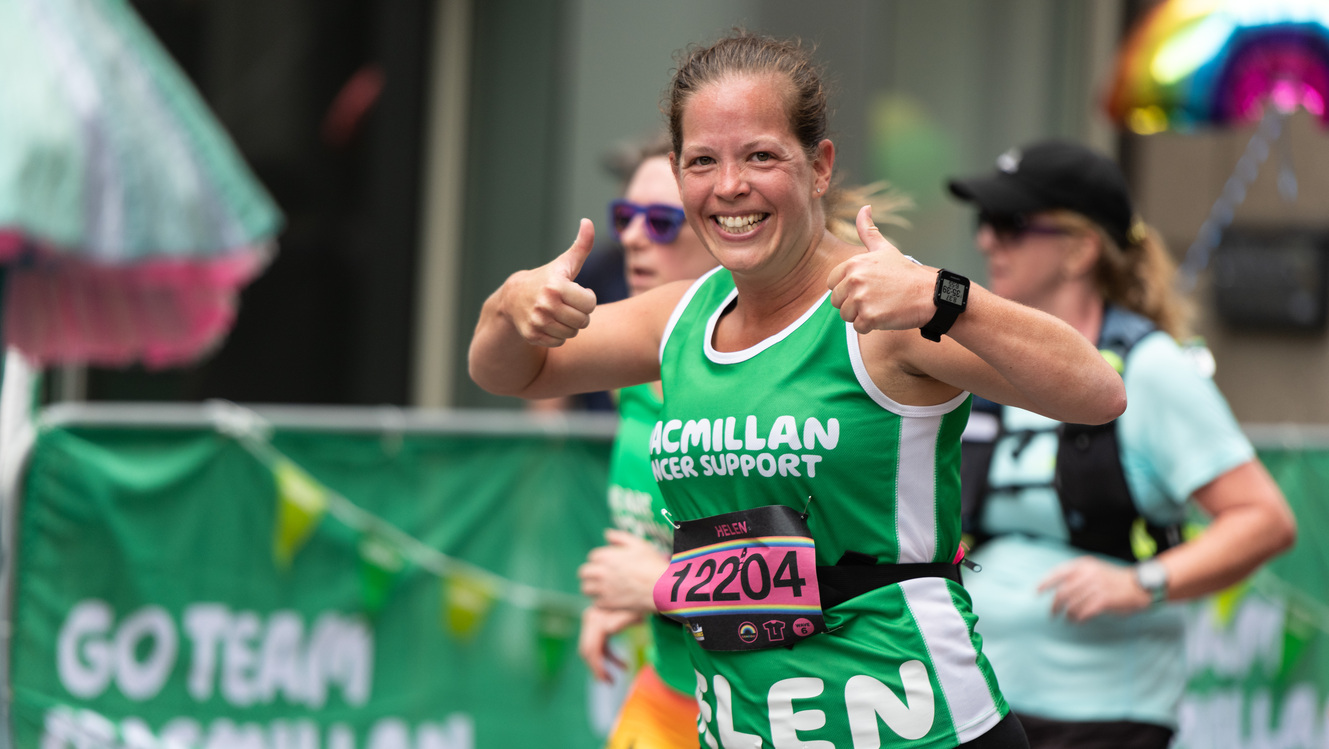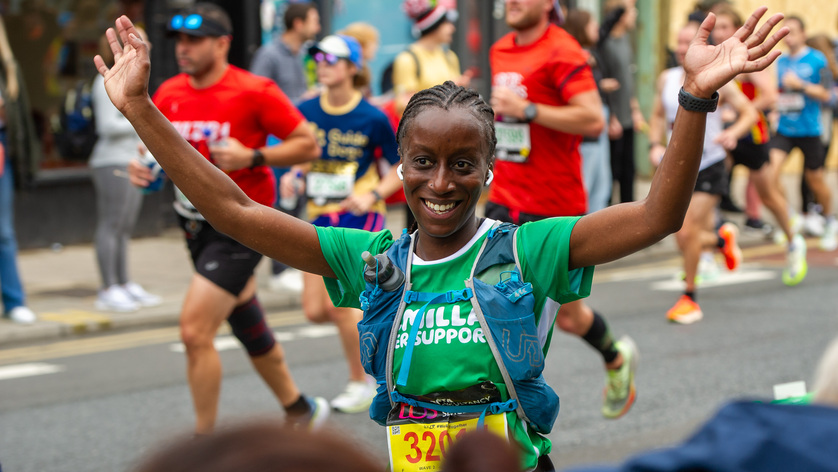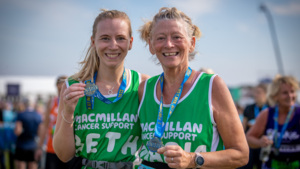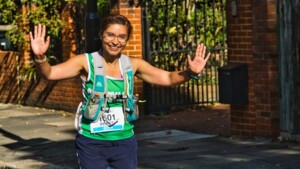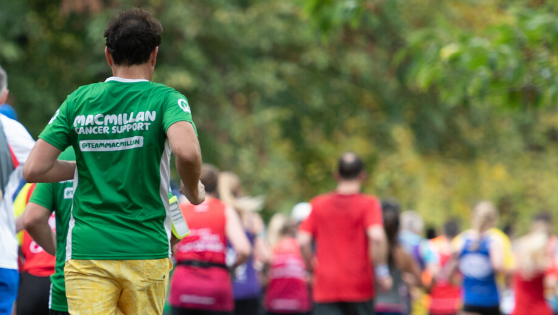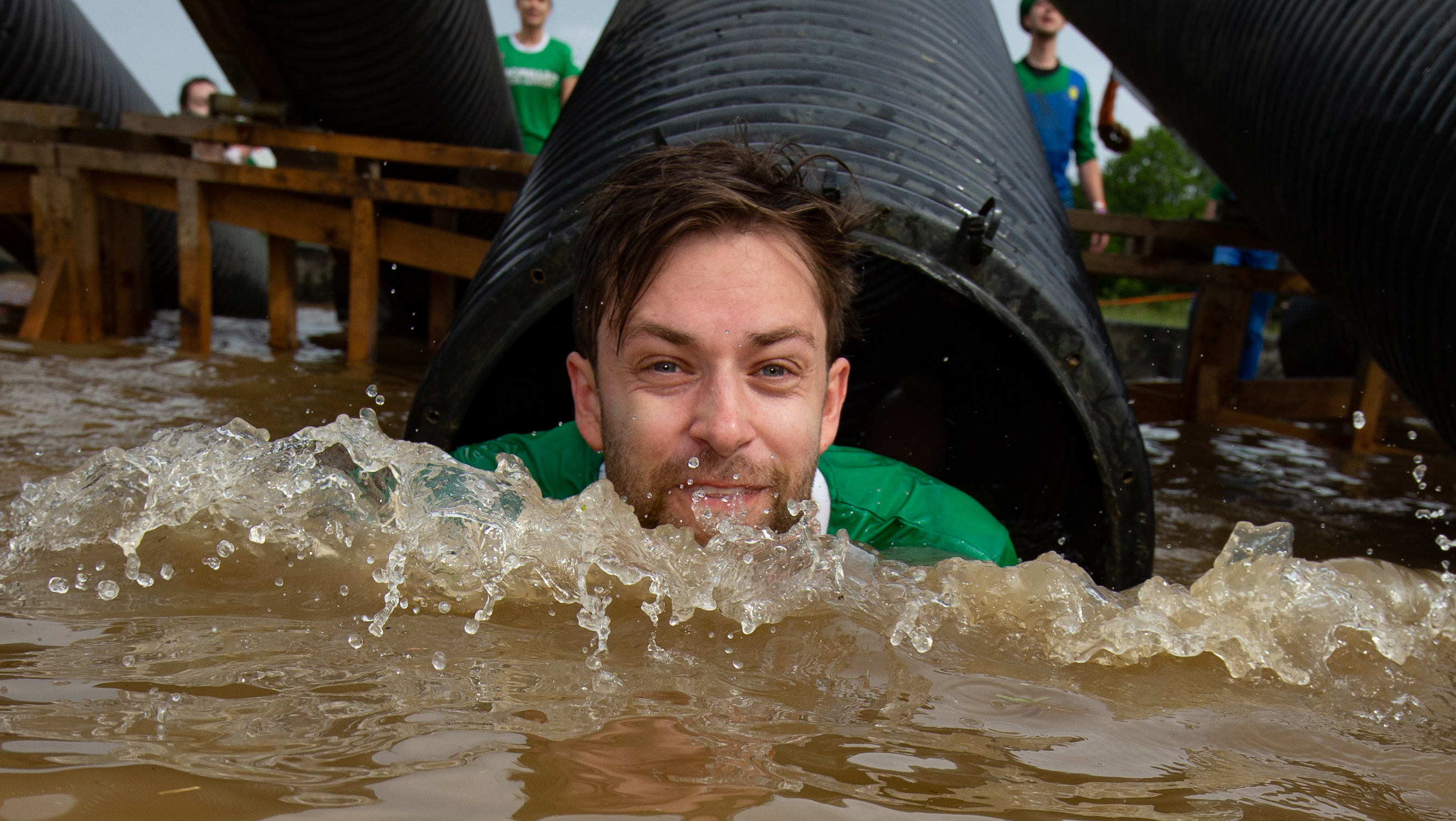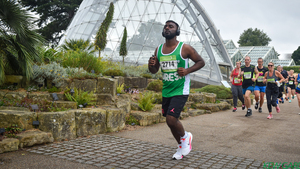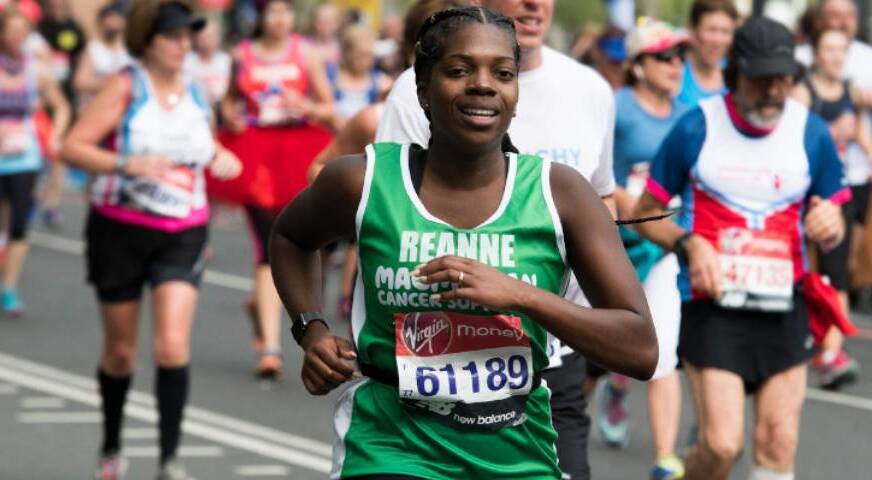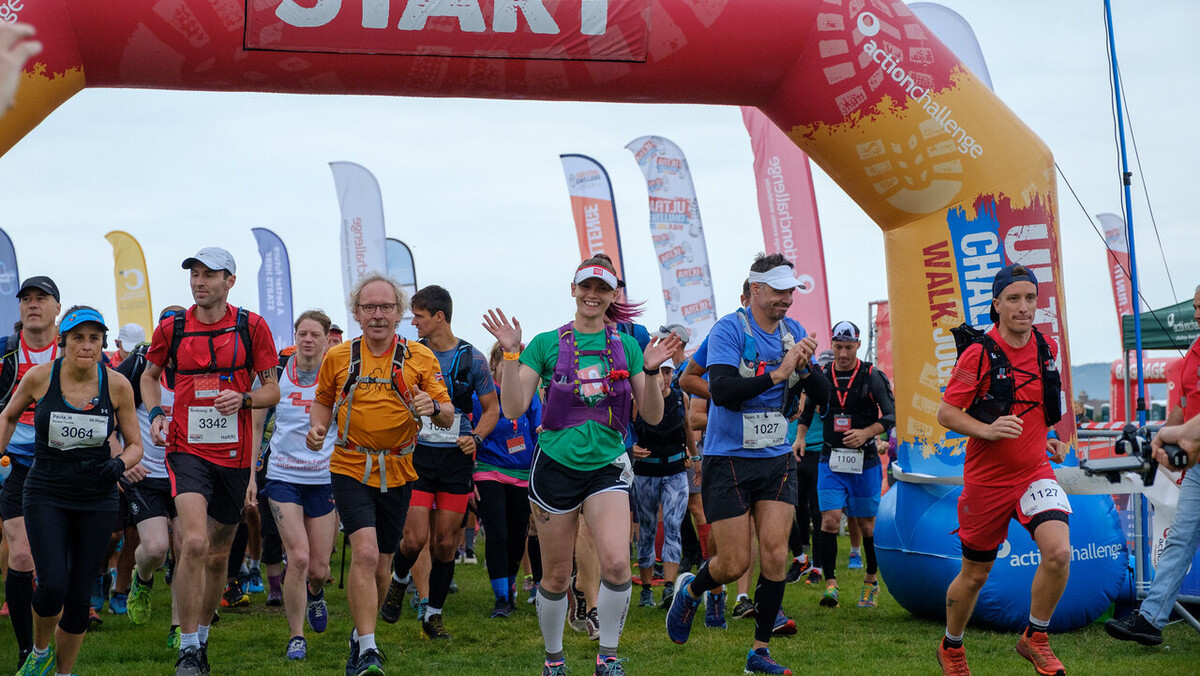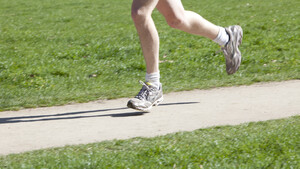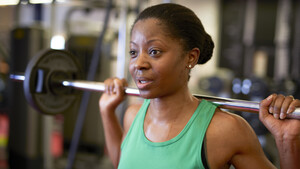
Half Marathon Charity Runs
Half marathon events
-
Great Manchester Run Half Marathon18 May 2025Manchester M2 5DB
-
Great Birmingham Run4 May 2025Birmingham B1 2EP
-
Waiting ListLeeds Half Marathon11 May 2025Leeds LS1 2QS
-
Sold outHackney Half Marathon18 May 2025London E9 5PF
-
Sold outEdinburgh Half Marathon25 May 2025Edinburgh EH1 3DG
-
Scottish Half Marathon17 August 2025Edinburgh EH1 3DG
-
Sold outGreat North Run7 September 2025Newcastle upon Tyne NE33 3NG
-
Ealing Half Marathon28 September 2025London W5 5JH
-
Cardiff Half Marathon5 October 2025Cardiff CF10 1SZ
-
Great Scottish Run 202505 October 2025Glasgow City G2 1DY
-
Run Bournemouth Half Marathon12 October 2025Bournemouth BH2 5AA
-
Oxford Half Marathon12 October 2025Oxfordshire OX1
-
Royal Parks Half Marathon12 October 2025London W2 2UH
Half Marathon FAQs
-
What is the average time to run a half marathon?
The average time to run a half marathon will depend on many factors including age, gender, experience and levels of fitness. A lot of people running their first half marathon may aim for a time between 2 and a half and 3 hours, but it really is a personal thing. While most people who have a good level of fitness will be able to train for a half marathon in a few months, just finishing a half marathon is a huge achievement.
The current world records for the half marathon are held by Jacob Kiplimo with 57 minutes and 31 seconds for men and Letesenbet Gidey with 1 hour, 2 minutes and 52 seconds for women. So that should give you something to aim for! -
Do I need to train for a half marathon?
Some people with a high base level of fitness and who run regularly might be able to run a half marathon without much training. However, the majority of us including beginners to running will need to build up a level of fitness over a number of months to get the body ready and prepared for taking on the challenge. This is certainly the case if you want to achieve a time that you will be happy with.
And training can be just as fun and beneficial to your mental health as the race itself. While the atmosphere at many half marathon events makes for a really fun run, the more prepared you are when you get to the start line, the more enjoyable it will be.
Check out our training plans to help you prepare for race day. -
How far is a half marathon?
A half marathon is completed over a distance of 13.1 miles or 21km (kilometres). It’s a great distance and hugely popular with many events across the UK (and globally) each year because it provides participants with a real challenge. It’s perfect for people who have run a number of 10ks before and want a new challenge, or for those that aren't quite ready (or have no desire) to take on the full marathon distance.
-
How do I get a Macmillan charity place for a half marathon?
Getting a charity place at running events is a fantastic way to fundraise for people living with cancer whether it’s the Great North Run or your local half marathon event. To run for charity, you can register for your chosen half marathon on our website. It is a great way to guarantee your place as well as raising money for a good cause. Registration fees and fundraising pledges will vary between different events.
If you have your own place in the race already and would like to run for us, you can still sign up for the half marathon event. There's no minimum sponsorship, just fundraise as much as you can!
Either way, you will receive a fundraising pack with great tips to help you hit your fundraising target and training advice best suited your challenge as well as a Macmillan running t-shirt or vest to wear on race day. -
Am I allowed to walk during a half marathon?
Walking is usually fine at most events, especially if it’s a mixture of walking, jogging and running. However, some events may have time limits, especially if the event is on closed roads. If you think you are likely to walk, then it’s always worth checking with the event organiser to make sure that they welcome walkers and so you know what the cut off time for finishers will be.
-
Can I wear headphones during a half marathon?
While some races may allow you to wear earphones or bone conduction headphones, many prefer people not to, or they may even ban participants from wearing them. This is mainly for safety reasons. If you can't hear other runners around you or traffic, then the risk of collisions and injury is much greater. Also, the atmosphere at half marathon events is great and it’s a shame to miss out on it.
-
How many calories do you burn during a half marathon?
On average, you burn between 1000 - 1600 calories during a half marathon but the exact figure will depend on a number of factors, including how fast you run, your body mass, and the terrain that you are running on. More hills means more effort, which in turn leads to more calories being burnt.
-
What should I eat before my half marathon?
Your body needs rest and fuel in order to train and improve. Clever athletes sleep well and have a diet rich in protein and micro nutrients supported by high quality carbohydrate. Snacking and eating between meals and sessions helps to fuel training correctly and promote active recovery.
During your training you will have worked out what is best for you to eat or drink before you go out for a run. The key here is to stick to what works to help you reach that finish line.
We have lots of information on preparing your body for your event. -
What is a half marathon race pace?
A half marathon race pace is the average time it takes you to complete each kilometre or mile of the race. There are various training plans and ways to run a half marathon and it might take some time to find out what works best for you. Some people prefer to run a steady and consistent pace where each split is tackled at the same speed. Others prefer to run slower at the start of the race and speed up as they continue through (this is called negative splits).
The reverse of this is called positive splits, this is when you go out fast and try to hold on, but accepting that during the second half of your race you will probably be a bit slower.
At many half marathons the event organisers will make sure there are experienced pace runners, who will help you hit your target time. If you struggle with pacing your runs, then the support pace runners can offer is valuable. -
How old do I have to be to compete in a half marathon race?
The half marathon distance really is a challenge and most event organisers only let adults (in some cases only people who are aged 17 or older) compete. While the whole family might not be able to run together, half marathons are often large community events where the support is just as important as the runners lacing up their running shoes. Organisers often have other distance available at their events such as 5k runs so young people can also get involved on the race day or weekend.
-
What should I wear while running my half marathon?
With a lot of events, where you choose to run and fundraise for Macmillan you will receive a running t-shirt or vest, but what else should you wear? The most important thing is to be comfortable and also take into account the conditions you will be running in. If it's likely to be hot think about UV protection, running caps, performance sunglasses, and sunscreen. If it's going to be cooler, then consider running tights and multiple layers rather than anything heavy. The key is making sure you have trained in what you are wearing and you are comfortable in it.
Check out our full range of Macmillan running kit.



